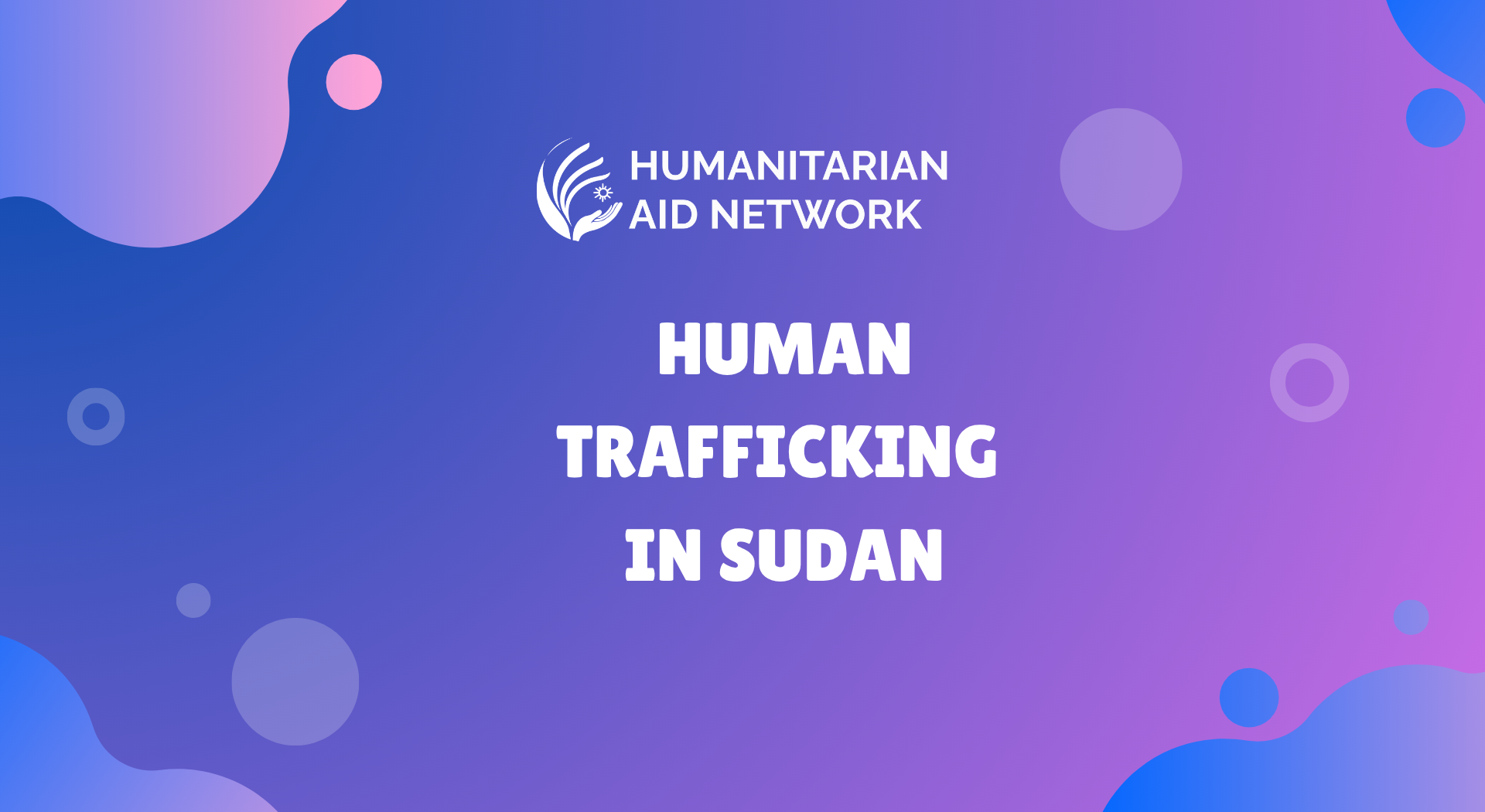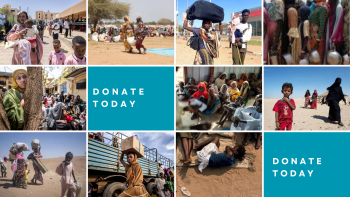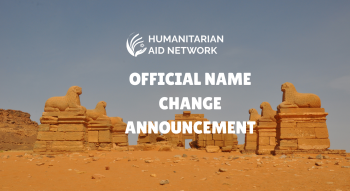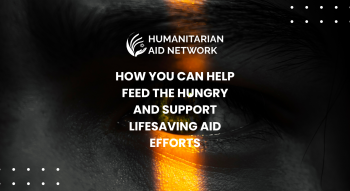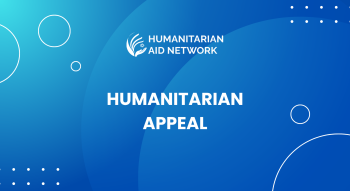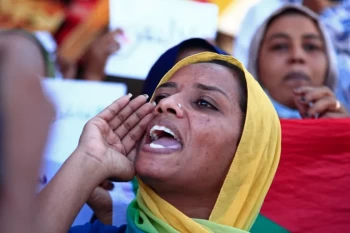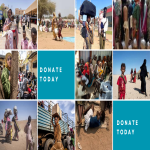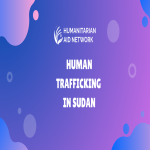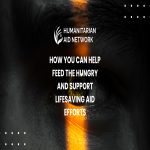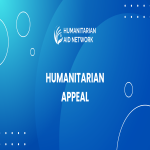The conflict in Sudan has created a deeply disturbing environment where human trafficking is a serious problem.
Here's how the war is linked to human trafficking:
Vulnerability of Displaced People: The war has caused widespread displacement, making people, particularly women and children, vulnerable to exploitation by trafficking networks.
Exploiting Refugees: Organized human trafficking networks take advantage of refugees fleeing the violence, subjecting them to various forms of abuse, including forced labor, sexual exploitation, and even abduction and sale.
Migrant Smuggling as a Cover: These networks often use migrant smuggling routes as a way to hide their trafficking activities, moving victims to unknown locations or forcing them to work in transit countries.
Increased Risks for Women and Girls: Criminal groups exploit Sudanese women and girls, especially those displaced or from rural areas, in domestic work and sex trafficking. Refugees in neighboring countries also face a heightened risk of sexual and gender-based violence in displacement camps.
Child Recruitment: There are reports of combatants recruiting boys.
Sexual Slavery and Sale: Independent UN human rights experts have reported increasing incidents of sexual slavery and trafficking, including the selling of people in slave markets.
Lack of Accountability:
Reports indicate that the government of Sudan hasn't conducted investigations, prosecutions, or convictions related to trafficking for several years.
The War's Broader Impact:
The conflict in Sudan has caused a huge humanitarian crisis, with millions displaced.
This crisis has also made it more difficult for victims and survivors of trafficking to access support.
The war in Sudan is also fueled by foreign involvement and threatens to become a proxy conflict with international actors backing opposing factions for economic gain.
